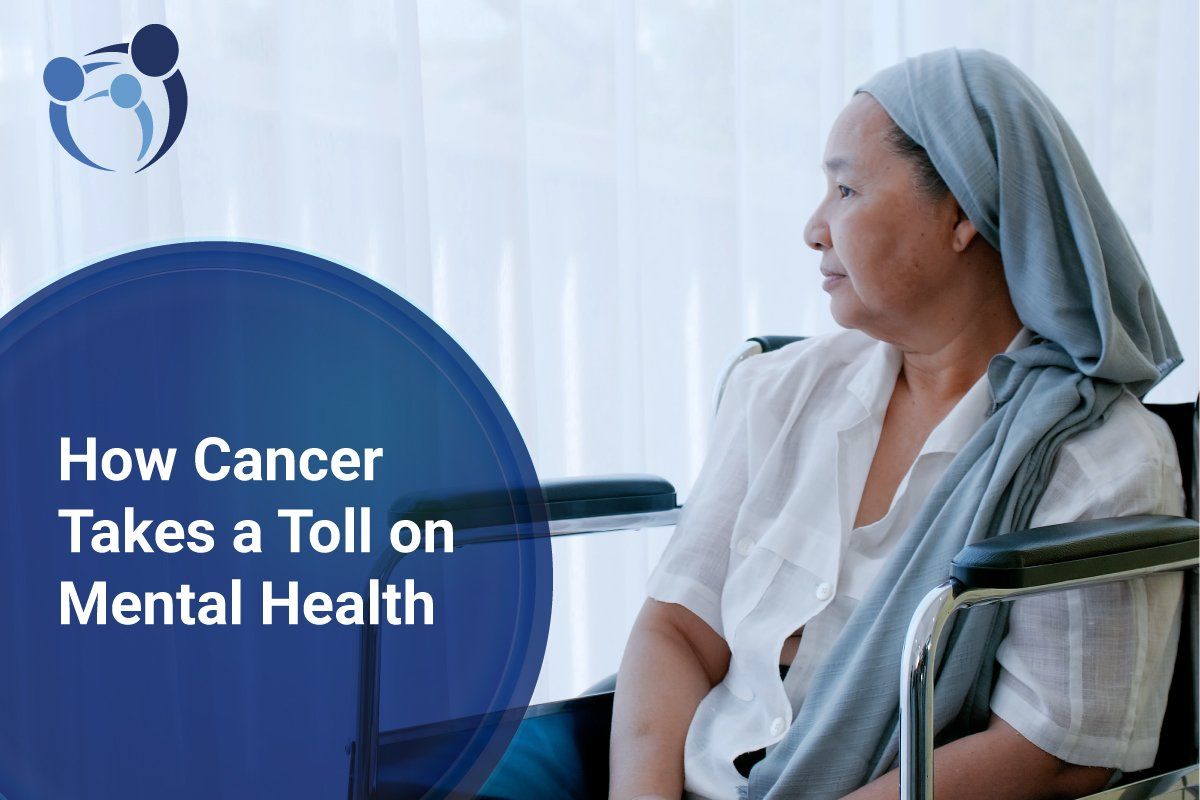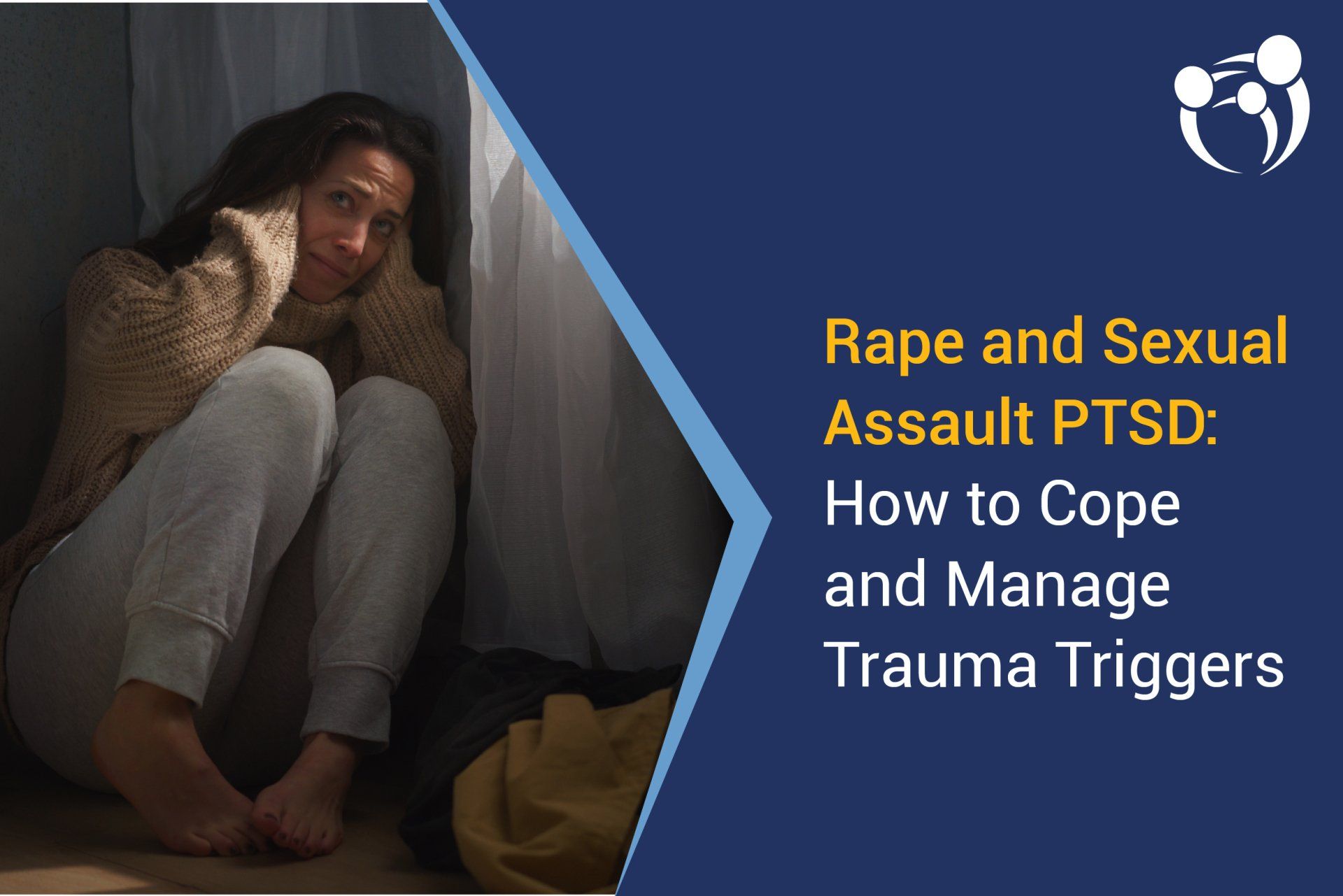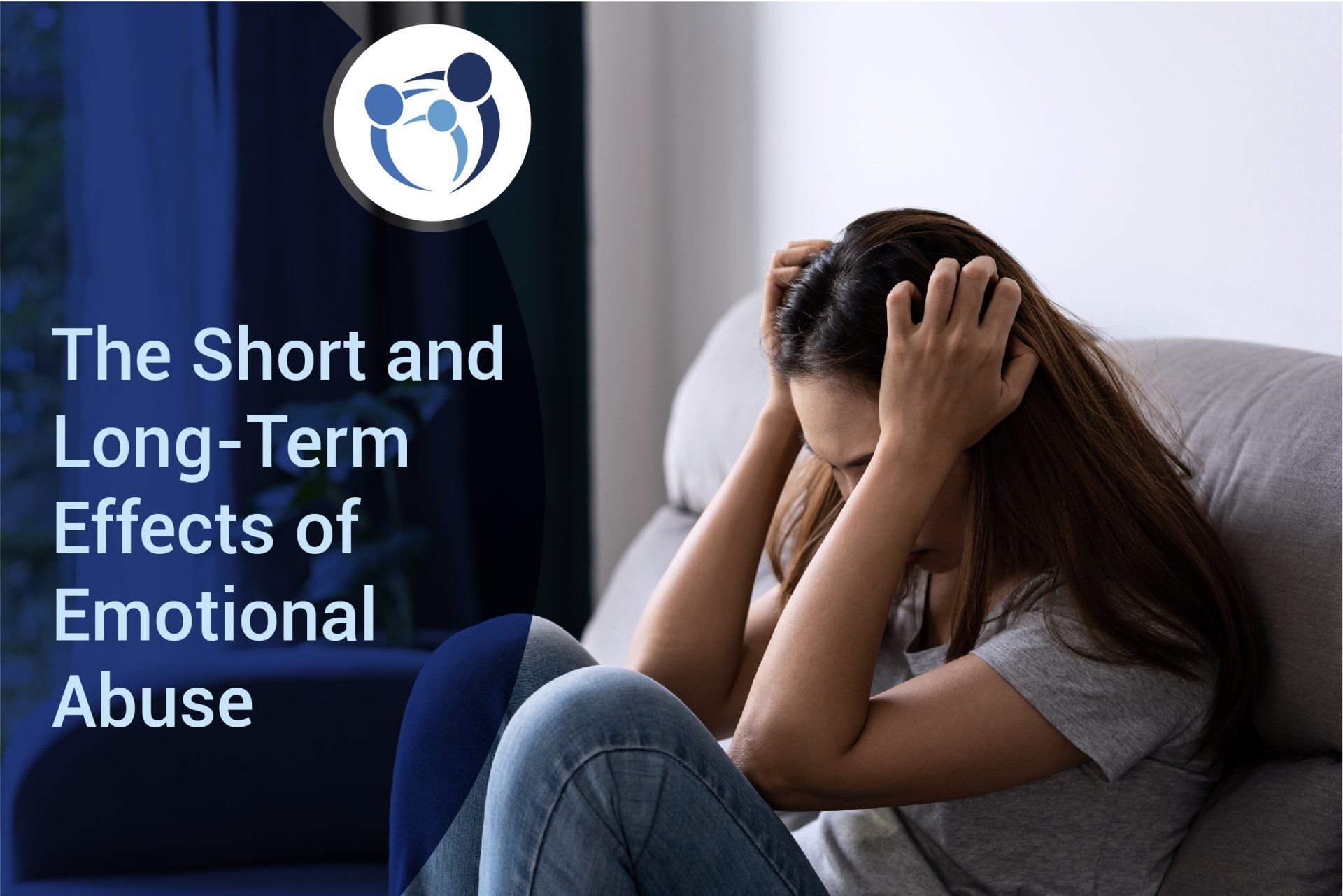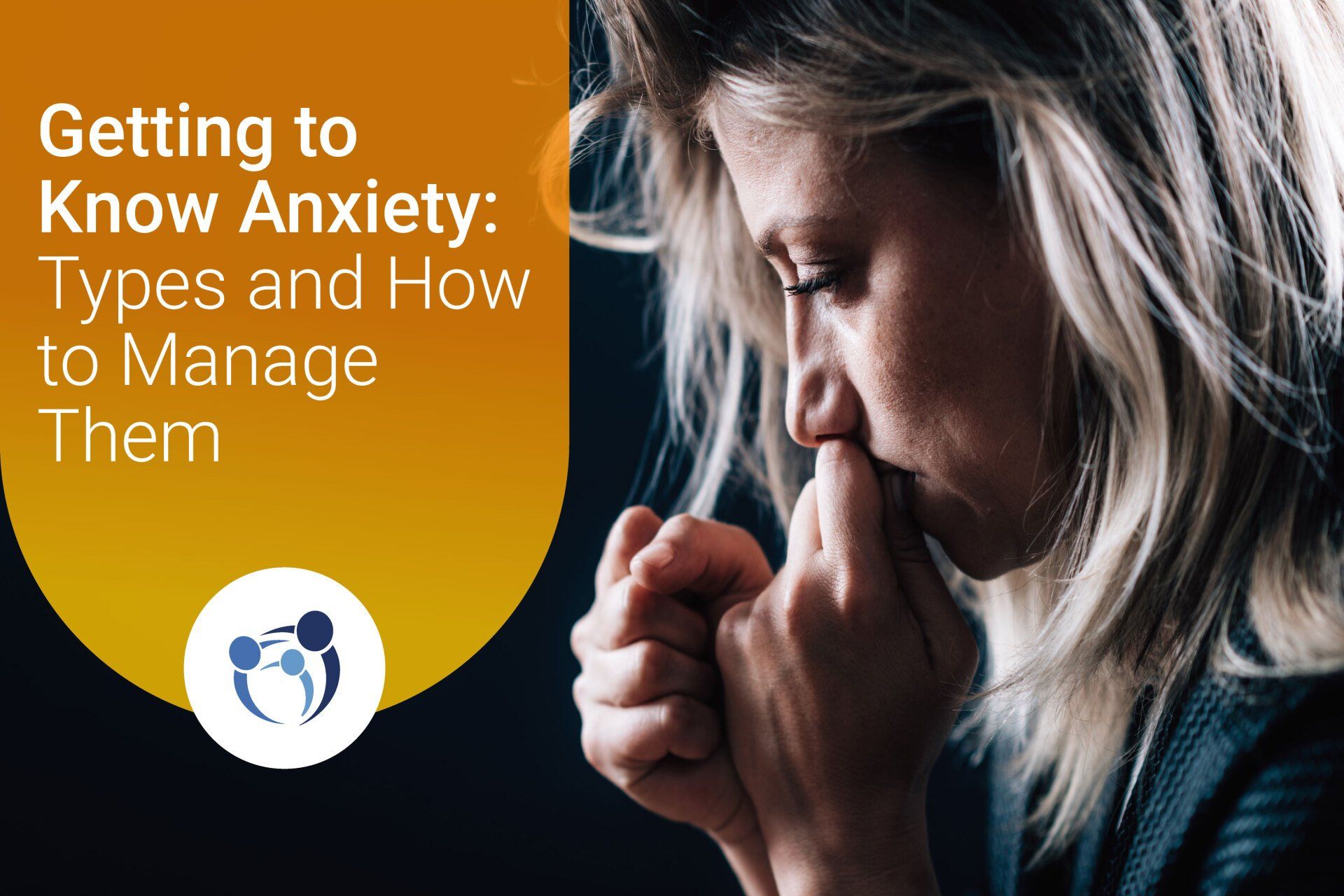Adult women with autism may go undiagnosed until later in life or never receive an autism diagnosis at all. Because of this delay in diagnosis, many women with autism struggle with daily life skills throughout their lives. Having a better understanding of the various ways autism affects children may help us identify them more effectively. This increased awareness will lead more girls and women to receive a diagnosis and treatment earlier.
What is Autism?
Autism spectrum disorders (ASD) are a group of developmental disabilities that affect how the brain works. These disorders are characterized by challenges in
- speech or language deficits
- social skills
- repetitive behaviors
- sensory sensitivities or unusual responses to sensory stimuli such as sounds or lights.
People with ASD vary widely in their abilities. Some people with ASD need assistance with daily living skills, while others can live independently. Others are highly intelligent and want to learn as much as possible. Others have more challenges in learning and development. The cause of autism isn't known. Both genes and environment likely play roles in its development.
Autism Signs in Adult Women
The symptoms of autism are numerous and complex. Some people have mild symptoms, while others have severe symptoms that affect their ability to function in daily life. Common symptoms of autism in women include:
- Difficulty making eye contact during conversations or reading people's emotions from their facial expressions
- Unresponsive or unengaged when spoken to
- Difficulty expressing emotions and understanding other people's emotions
- Sensory sensitivities to touch, sound, light, and smells
- Difficulty with social interactions, such as getting along with others or starting conversations
- A lack of spontaneous seeking to share enjoyment, interests, or achievements with other people
- Difficulty following multi-step directions or routines
- Repetitive behavior such as finger-twisting, rocking back and forth, or tapping objects
- Having an intense interest in one topic that they talk about constantly
- Seems to have no sense of danger; for example, they might run into traffic without looking.
Why Is Late Autism Diagnosis Common for Autistic Women?
Autism spectrum disorder (ASD) affects around 1 out of 68 children in the United States, with the male population four times more likely than females to receive a diagnosis. However, new research suggests that the ratio between male and female with autism is actually lower.
From a study, the ratio of males to females with ASD is 4:1, according to general estimates. The actual male-to-female ratio of autism appears to be 3:4 based on a mathematical model developed to evaluate current published data.
80% of females remain undiagnosed by the age of 18, severely impacting their daily lives.
Researchers suggest the following reasons why women are getting diagnosed with autism late:
- Symptoms may be more subtle in female
- ASD symptoms may have similar symptoms to other conditions
- Women are good at hiding their symptoms
Symptoms May be More Subtle in Female
Late diagnosis of autism in females is common because there are some key differences between how autism presents in girls and boys. One possible reason for the discrepancy between males and females with autism is that many ASD symptoms are more evident in boys. These signs include being more socially withdrawn and having more repetitive behaviors.
Girls with autism may be less likely to show evidence of being socially withdrawn at a young age. Their symptoms may be more subtle. They may exhibit signs like trouble making eye contact or understanding other people's feelings or intentions. Parents may misinterpret it as shyness instead of a valid disability requiring intervention.
These differences can make it harder for doctors to recognize the condition in girls and delay diagnosis by years — sometimes until adolescence or adulthood when a woman realizes her symptoms are affecting her daily life negatively more than they should.
ASD Symptoms May Have Similar Symptoms to Other Conditions
Another reason is that an adult female with autism is often told that PMS, stress, or introversion cause her symptoms, so she doesn't think anything more about it until she gets married and starts having children. Only when her symptoms become more severe and obvious can she be diagnosed.
Moreover, women are much more likely to have other disorders or conditions present alongside ASD — for example, anxiety disorders or
depression — which can make it harder for doctors to diagnose ASD alone. In fact, many girls have been misdiagnosed as having
ADHD or bipolar disorder when they were on the spectrum.
Women Have the Tendency to Mask Symptoms
Women tend to have more developed social skills than men with autism. They're better at hiding their symptoms. When women show signs of autism, they tend to be more social and verbal than their male counterparts with the condition — so it's easy for parents and doctors to assume that their girls' behavior is just a personality quirk or phase.
Research also suggests that girls learn to copy others quickly, which camouflages or conceals their struggles. Autistic women may have different scripts to say in many social settings, contrary to what comes naturally. They may also practice their facial expressions in front of the mirror to prepare themselves for social interactions.
Is There a Female Autism Test?
There is no definitive test for autism. In other words, no single medical examination can be used to diagnose ASD. As far as diagnosing autism in adults, the process is almost similar to diagnosing children.
The first step is to go through a general evaluation of your symptoms.
During an examination, your doctor will ask questions about your behavior and thoughts and any family history and health issues you might have. You'll be asked about any symptoms you exhibit and may be asked to complete questionnaires about how well you manage at home or work.
You'll also have an assessment for other conditions that could be causing your symptoms, such as depression or anxiety. Some diagnoses also involve blood tests or brain scans to rule out other health conditions.
What are the Treatments for Autism in Adults?
There is no cure for autism, but treatments can help manage symptoms. Treatments for adults with autism may include:
- Behavioral therapy —teaches new skills to replace old ones that cause problems. It may involve learning how to communicate better or understanding why certain situations make you uncomfortable.
- Occupational therapy —helps adults learn how to live independently and participate more fully in daily activities. Occupational therapists also work with adults with sensory issues related to touch, movement and sight.
- Social skills training— teaches how to interact with other people and understand the emotions of others
- Medication—help manage your behavior or deal with any associated conditions you may have, such as depression or anxiety.
- Support groups— provide a place where people with similar conditions can share their experiences, learn from each other and meet others who understand their situation. Support groups can also help reduce isolation and improve coping skills.
Increased Awareness Can Encourage Women to Seek Autism Diagnosis!
There are severe negative consequences to mental health, self-perception, and access to support for women with autism who are diagnosed late, but growing awareness of the problem can help prevent them in the long run.
Feel free to schedule a consultation with ACFMW if you suspect that your child may be on the spectrum or if you suspect that you might have autism as an adult.
A Center for Mental Wellness offers therapy solutions for you and your family. Contact us today to make an appointment or to learn more about how we can help. #BuildingABetterTomorrow










